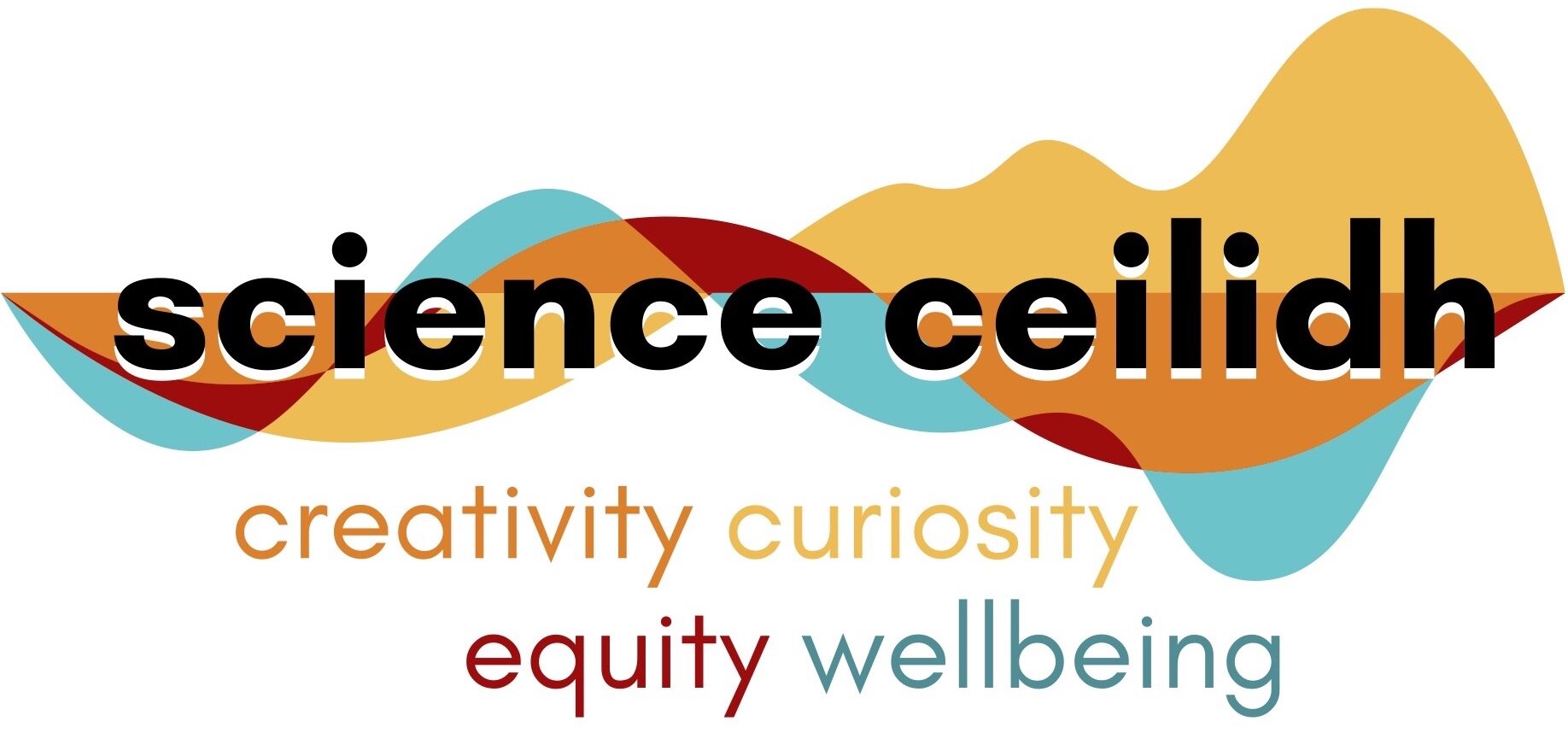Bilingualism & Creativity
Ever wondered about how learning gaelic and other languages may benefit your brain? And how creativity and music supports wellbeing?
In 2018, neuroscience educator and fiddler Lewis Hou from the Science Ceilidh explored these questions with communities in the Outer Hebrides through various events and workshops open to everyone. These included gaelic classes, open mic nights, coffee mornings, singing sessions, and talks with schools, libraries, care homes, hospitals and museums.
You can read a summary of some key research and resources below with the full printable summary here..
See below for references, further studies and resources.
Isle of Lewis Visit
Lewis also worked closely with the local dementia friendly community project Cianalas team (An Lanntair) in October visiting local care centres, dance and gaelic classes, sessions, joining in with the Hospital ceilidhs, running talks for both health-practitioners and wider public at the Bayhead Sessions.
A collaboration with Cianalas, An Lanntair. Pilot Funded by the Wellcome Trust.
Resources
RESEARCH & RESOURCES AROUND BILINGUALISM & LANGUAGE LEARNING
Resources and research about bilingualism and language learning, including support for parents and gaelic and an active blog highlighting current findings Bilingualism Matters
RESOURCE & TIPS ON STAYING SHARP WITH AGE
STAYING SHARP: Age UK & Researchers from the Centre of Cognitive Ageing & Cognitive Epidemiology (CCACE, University of Edinburgh)
RESEARCH AROUND ARTS, CREATIVITY & WELLBEING
Summary of research around wellbeing and arts What Works Wellbeing
Key Papers & References
Here’s a selection of papers from collaborators and researchers to give a sense of the growing evidence but it is by no means exhaustive - where possible, we have linked to open-access papers where we can!
The impact of bilingualism on cognitive aging and dementia, finding a path through the confounding variables (Read the blog here or paper Bak, 2016)
A week long intensive gaelic course at Sabhal Mòr Ostaig leads to benefits to cognitive attention, which are maintained in the long-term with on average at least 5 hours of practice per week (Read the blog here or paper Bak et al., 2016)
Bilingualism delays age at onset of dementia, independent of education and immigration status - bilingual patients developed dementia 4.5 years later than monolingual patients (Behind Paywall - Alladi et al., 2013)






